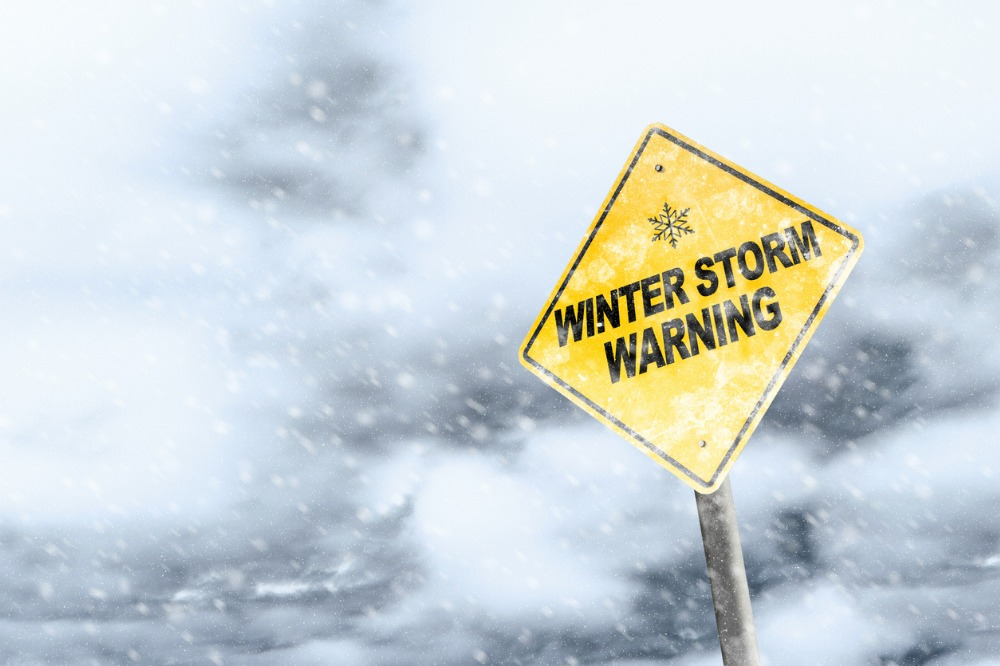IBC issues winter storm advisory for Ontario

With Ontario currently going through one of the biggest snowfall events of the 2023 winter season, the Insurance Bureau of Canada (IBC) has issued an advisory for homeowners in the province, to help them prepare for the worst.
The winter storm currently affecting Ontario is so significant, that even the city of Toronto declared a “major snowstorm condition,” as up to 30 centimeters of snow fell on the city in less than 16 hours.
At the height of the storm, snowfall rates of more than five centimeters per hour were forecast, in addition to wind speeds between 60 and 70 km/h. Thunderstorms were also reported in areas with the most intense snowfall rates, The Weather Network reported.
“As we’ve seen in the past, winter storms have the potential to cause extensive damage,” said IBC Ontario vice president Kim Donaldson. “We encourage residents to take a few simple steps now to help protect their property from damage.”
IBC’s steps on how to deal with winter storms
The bureau has offered the following tips for Ontario residents.
Avoid driving if possible. If you have to drive, clear all snow and ice from your vehicle before you start out. Drive according to the road conditions and give snowplows and other vehicles plenty of space.
Create an emergency preparedness plan for your family and assemble disaster safety kits for your home, car and office. Make sure you have extra windshield cleaner.
Prepare for power outages. Have flashlights and portable lighting ready. When using candles, always be mindful of fire hazards.
Charge electronics and have backup power sources available.
Once the snowfall has ended, keep your sidewalk and the front stairs of your house clear of snow and ice.
Keep snow away from gas meters, gas appliance vents, exhaust vents and basement windows.
Park vehicles in a garage, if possible.
Inspect your attic for frost accumulation, and check your eavestroughs and roof for potential ice dams or icicles.
Move valuable items out of your basement to higher levels in your home, in case of flooding.
Have someone check your property if you are away.
IBC also suggested that homeowners speak with their insurance representatives to confirm if they have the appropriate coverage. In particular, the bureau offered a reminder that water damage in a basement due to sewer backup is only covered by optional sewer backup coverage, and that overland flooding is similarly covered by an optional overland flood coverage.
The bureau previously issued an advisory in February, warning Ontario residents of the strong winds and heavy rainfall at that time. According to IBC, the conditions were likely to lead to snowmelt, ice jams and flooding, which could then lead to extensive damage to homes.





